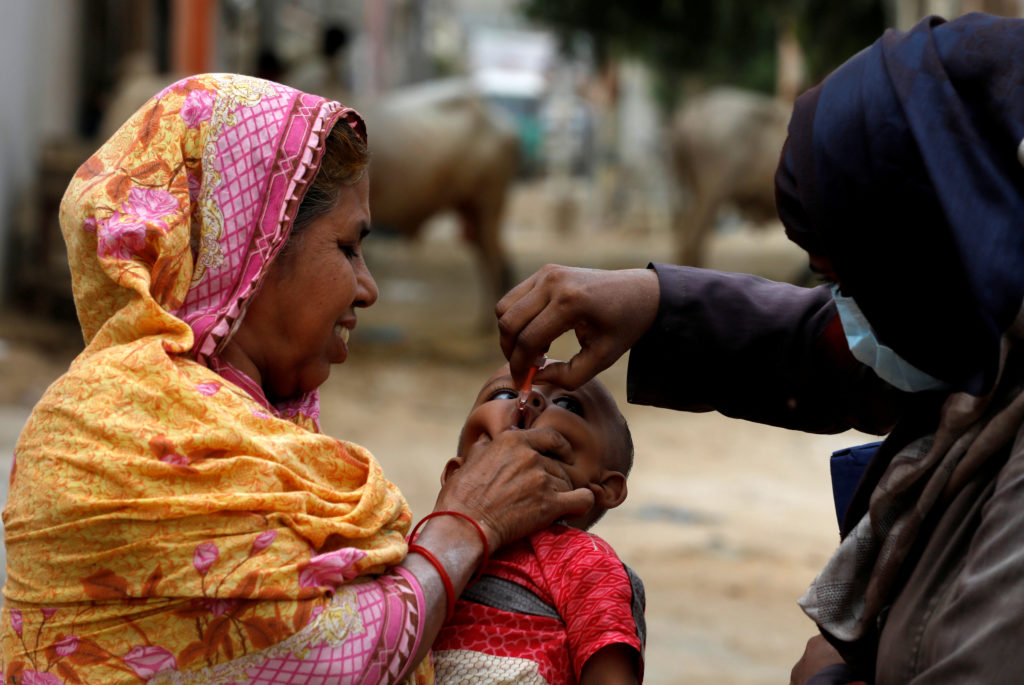Summary
This article discusses the global impact of vaccines and ongoing public health challenges. It highlights the success of vaccines in reducing diseases and the current issues caused by misinformation and geopolitical inequities in vaccine distribution.
Key Facts
- Vaccines have significantly reduced disease rates worldwide since the 1700s.
- Misinformation about vaccine side effects has led to more people avoiding them and an increase in disease outbreaks.
- Wealthy countries are the primary producers of vaccines but are slow to distribute them to poorer nations.
- Vaccines work by helping the body develop antibodies to fight diseases.
- Some vaccines are crucial for achieving "herd immunity," which protects those who cannot be vaccinated.
- National regulatory agencies, like the FDA in the U.S., decide if a vaccine can be used in a country.
- The World Health Organization (WHO) gives vaccines a stamp of approval if they show 50% efficacy, helping countries decide which vaccines to use.
- It usually takes about ten years to develop and approve a new vaccine.
